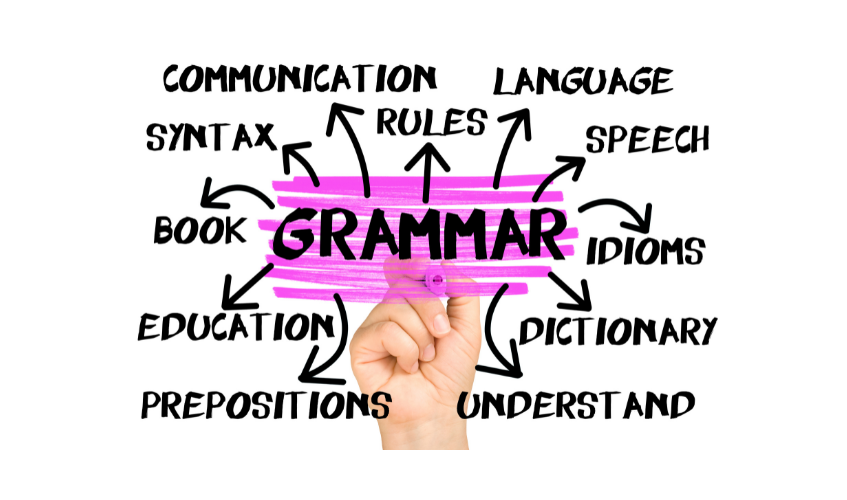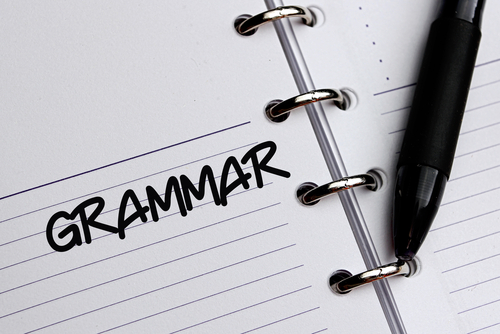
by Erica L. Meltzer | Jan 19, 2022 | Grammar (SAT & ACT), IELTS
Of all the misunderstood grammar terms in the English language, “complex sentence” is perhaps the one that occupies the very top spot.
The problem essentially results from the fact that the word complex has one meaning (very complicated) in everyday language, but a very different meaning in formal grammatical terms.
Not realizing this, most students assume that being asked to write complex sentences means that they are supposed to write sentences that are extremely long and stuffed with all sorts of high-level constructions when that is not at all the case. (more…)

by Erica L. Meltzer | Dec 1, 2021 | Blog, ESL, GMAT, Grammar (SAT & ACT), IELTS
I originally did this list as an Instagram post, but then it occurred to me that I should put it up here as well, so here goes in slightly expanded form.
First, remember that the singular/plural rule for verbs is the opposite of the rule for nouns:
Third-person singular verbs end in -s (it works, s/he does, the graph shows).
Third-person plural verbs do not end in -s (they work, they do, the graphs show).
1) Compound subject = plural
A compound noun consists of two nouns joined by and. These subjects are always plural, regardless of whether the individual nouns are singular or plural. This rule is easy in principle but can be surprisingly difficult in practice.
Correct: A stressful atmosphere and poor management are often responsible for employee burnout.
Incorrect: A stressful atmosphere and poor management is often responsible for employee burnout. (more…)
by Erica L. Meltzer | Jun 3, 2021 | Blog, Grammar (SAT & ACT), IELTS
There are three main types of conjunctions in English. Some words in different categories have identical meanings, but they have different grammatical functions. As a result, they are punctuated differently when used to begin a clause or sentence.
Although the conjunctions discussed below may also appear in the middle or at the end of a sentence in certain contexts, this post concerns their placement at the start of a sentence or clause only.
1) Coordinating Conjunctions (“FANBOYS”)
There are seven coordinating conjunctions, known collectively by the acronym FANBOYS:

These words are placed in the middle of a sentence to join two independent clauses and should follow a comma. Although the punctuation is often omitted in everyday writing, you should make an effort to use it because the comma serves to clearly separate the parts of the sentence and helps the reader follow your ideas more easily. (more…)

by Erica L. Meltzer | May 31, 2021 | GMAT, Grammar (SAT & ACT), IELTS
Image by TypoArt BS, Shutterstock
I was looking back through my grammar posts the other day when I made a rather startling discovery: in all my years of writing this blog, I had somehow neglected to write a piece covering the two major causes of comma splices.
I suspect that because I’ve given this explanation in a total of five books now, I took it for granted that I had covered both issues in a single post, back in… oh, I don’t know… 2012 maybe? But apparently not.
Since this is among the most frequently tested concepts on the SAT and the ACT, an occasional target of questions on the GMAT, and a HUGELY common error in IELTS essays, I would count this omission among the greatest oversights in Critical Reader history.
So here goes. (more…)

by Erica L. Meltzer | May 13, 2021 | Blog, GMAT, Grammar (SAT & ACT), IELTS
Image by Charlotte May from Pexels
In theory, parallel structure is a relatively easy concept to master: it simply refers to the fact that items in a list, as well as constructions on either side of a conjunction such as and or but, should be kept in the same format (all nouns or all verbs).
In very simple sentences, e.g., I went to bed late but woke up early, this rule is generally quite simple to apply.
When sentences are long and contain a lot of information, however, things get a bit trickier. Keeping forms parallel requires the writer to keep track of and understand how words and phrases in different parts of a sentence relate to one another.
One very common issue involves the use of main verbs after modal verbs such as can, should, or might. As anyone who speaks English at a reasonably high level knows, main verbs are never conjugated in this construction, e.g., one would say it might work, not it might works. But when the two verbs are separated, there’s a common tendency forget about the first one and to stick an -s on the second.
This is an issue that appears in the writing of both native and non-native English speakers, but it’s particularly rampant in IELTS essays. It may also be tested in GMAT Sentence Corrections. (more…)
by Erica L. Meltzer | Oct 21, 2017 | Blog, GMAT, Grammar (SAT & ACT)
As part of my attempt to make thecriticalreader.com the official repository of all things related to SAT, ACT, and GMAT grammar, I’ve posted lists of preposition-based idioms for those tests. (For now, they’re the same as the ones in my SAT, ACT, and GMAT grammar books, but I will update them if I come across additional tests with other examples.)
For SAT/ACT idioms, click here.
For GMAT idioms, click here. (more…)




